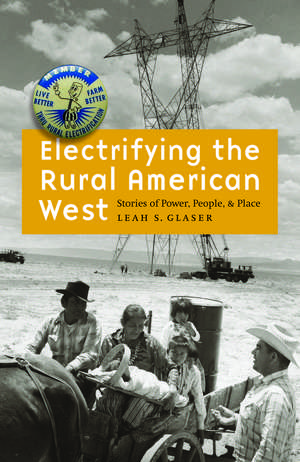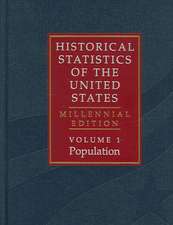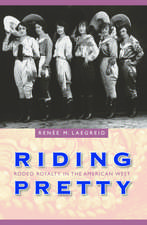Electrifying the Rural American West: Stories of Power, People, and Place
Autor Leah S. Glaseren Limba Engleză Hardback – 31 oct 2009
Most Americans consider electricity essential to their lives, but the historic disparity of its distribution and use challenges notions of a democratic lifestyle, economy, and culture. By the beginning of the twentieth century, substations, wires, towers, and poles had followed migrants westward as the industrial era’s most prominent symbols of progress and power. When private companies controlled power production, electrical transmission, and distribution without regulation, they argued that it was not “economically feasible” for many ethnic and rural communities to access “the grid.” Yet, government agents continued to advocate electrical living through federal programs that reached into and across farming communities and American Indian reservations to homogenize and assimilate them through urban technologies. In the end, however, rural electrification was a locally directed process, subject to local and regional issues, concerns, and parameters.
Electrifying the Rural American West provides a social and cultural history of rural electrification in the West. Using three case studies in Arizona, Leah S. Glaser details how, when examined from the local level, the process of electrification illustrates the impact of technology on places, economies, and lifestyles in the diverse communities and landscapes of the American West. As today’s policy-makers advocate building more power lines as a tool to bring democracy to faraway places and “smart grids” to deliver renewable energy, they would do well to review the historical relationship of Americans with electronic power production, distribution, and regulation.
Preț: 459.83 lei
Nou
Puncte Express: 690
Preț estimativ în valută:
88.02€ • 95.64$ • 73.98£
88.02€ • 95.64$ • 73.98£
Carte tipărită la comandă
Livrare economică 21 aprilie-05 mai
Preluare comenzi: 021 569.72.76
Specificații
ISBN-13: 9780803222199
ISBN-10: 080322219X
Pagini: 318
Ilustrații: 21 illustrations, 5 maps
Dimensiuni: 140 x 216 x 27 mm
Greutate: 0.54 kg
Editura: Nebraska
Colecția University of Nebraska Press
Locul publicării:United States
ISBN-10: 080322219X
Pagini: 318
Ilustrații: 21 illustrations, 5 maps
Dimensiuni: 140 x 216 x 27 mm
Greutate: 0.54 kg
Editura: Nebraska
Colecția University of Nebraska Press
Locul publicării:United States
Notă biografică
Leah S. Glaser is an assistant professor of history and public history at Central Connecticut State University.
Cuprins
List of Illustrations
Acknowledgments
List of Abbreviations
Glossary of Electrical Terms
Introduction: "A Blessed Way of Life"
1. Empowering Agrarian Dreams: The Cooperative Model in Southeastern Arizona
2. Power through Diversity: The Integration and Industrialization of the White Mountain Region
3. "A Light in Every Hogan": Power to Indian Country
Conclusion: The Limits of Local Power
Notes
Bibliography
Index
Acknowledgments
List of Abbreviations
Glossary of Electrical Terms
Introduction: "A Blessed Way of Life"
1. Empowering Agrarian Dreams: The Cooperative Model in Southeastern Arizona
2. Power through Diversity: The Integration and Industrialization of the White Mountain Region
3. "A Light in Every Hogan": Power to Indian Country
Conclusion: The Limits of Local Power
Notes
Bibliography
Index
Recenzii
"Glaser's well-research analysis of the three models of power ownership—private companies, cooperatives, and tribal enterprises—offers useful commentary to modern promoters of worldwide rural electrification."—M. L. Tate, Choice
[Electrifying the Rural American West] is a well-researched, detailed, "bottom-up" addition to the history of twentieth-century western development that centers the actions of diverse individuals within national institutions."—David Brooks, Montana, The Magazine of Western History
"Glaser provides a valuable look at how local peoples and communities can influence the larger contours of energy policy, infrastructure, and resource use."—David D. Vail, Annals of Wyoming
"Glaser's fine book should be read not only by western and Native American historians, but by an scholars interested in the responses of rural places and peoples to the forces of twentieth-century modernity."—Andrew Needham, New Mexico Historical Review
"Using concepts of modernization, deregulation, and localism as a means to address the ways in which technological progress can benefit and interrupt social and cultural cohesiveness, Leah S. Glaser has written a thoughtful and insightful examination of the process of electrification in the American West."—Christopher J. Castaneda, Western Historical Quarterly
















